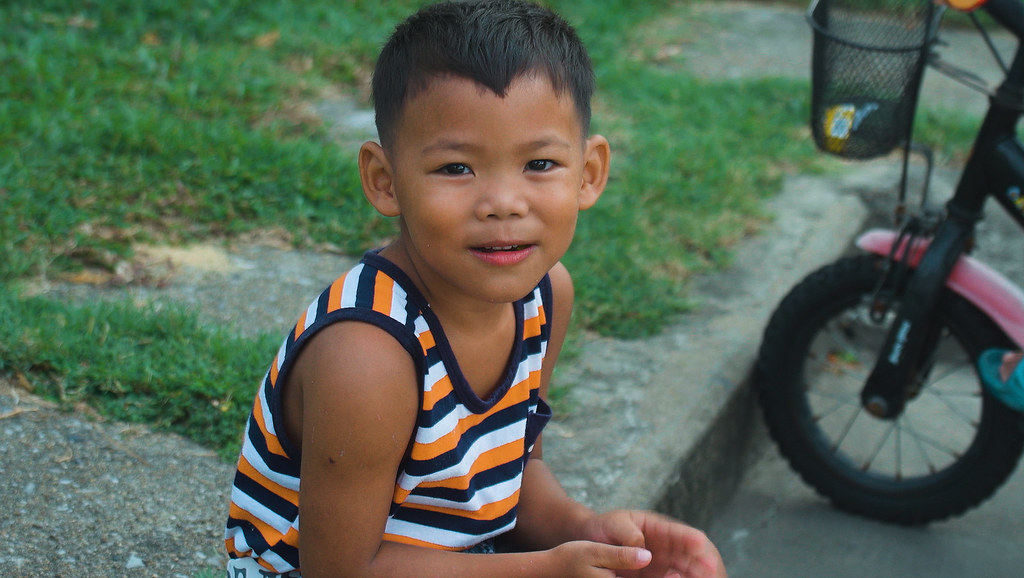A new project led by Bath social work researcher Dr Justin Rogers with international colleagues at Thammasat University will focus on the challenges in moving children away from institutional care in Thailand.
Thailand was the first in the region to sign up to the Convention on the Rights of the Child and in recent years there have been significant improvements in children's day-to-day lives. This includes a significant reduction in the infant mortality rate, and improvements in educational outcomes. The Thai government has also attempted to move away from the use of state-run orphanages to instead increase provision for foster caring.
Yet big challenges remain in achieving this, exacerbated by limited resources and considerable demand. As a result institutional care in Thailand is still prioritised as a way to meet children’s needs and an estimated 55,000, who are unable to live with their parents, will still end up in a large-scale, often unregulated, institutions.
There is broad consensus around the world of the detrimental effect that institutional care has on a child's emotional, behavioural and social development. UN guidelines for the provision of alternative care highlight that, wherever possible, states should avoid the use of institutional care and instead prioritise family and community-based approaches.
Existing research shows that this is particularly important for the developmental needs of children under the age of three. However, in many places around the globe, UN guidelines have not been implemented fully and a gap persists between evidence and practice.
Research lead, Dr Justin Rogers explained: “In recent years Thailand has made real progress improving child welfare provision. However, like many low-middle income countries that are trying to move away from institutional care provision they are still facing challenges.
“Our hope is that by focusing on the Thai example, and by understanding the challenges that exist for families, practitioners and policy-makers, we can then draw on experiences from other parts of the world and propose interventions that help improve the situation for children, their families and wider society.”
Dr Victor Karunan part of the research team at Thammasat University, Thailand add: “A large number of vulnerable children in Thailand are in institutions because they are abandoned by their parents, victims of trafficking, or orphaned.
“While there have been some studies on alternative care in Thailand, there is limited research that explores the real life experiences of the children in institutions and the perceptions, concerns and hopes of their families. Their narratives are crucial to understand the real effectiveness and impact of alternative care arrangements. We hope this research will fill a major knowledge gap in Thailand and contribute towards improving the lives of these children and putting in place sustainable care arrangements for children in the framework of the UN Guidelines for alternative care”.
As part of the project the team will review the existing research on alternative care in low to middle income countries, then interview children and their families to learn more about the cultural barriers which might be preventing attempts to increase alternative care provisions.
It will involve public engagement techniques, building on previous projects from Justin Rogers in the UK. The international links with Thammasat were developed by Justin thanks to a recent Newton Fund Researcher Links Programme.
This work was awarded funding from the Martin James Foundation. Executive Chair of the Board of Trustees, Jim Cockburn, explains: “The Martin James Foundation is pleased to support the important research being undertaken by the universities of Bath and Thammasat in regard to contributing to the understanding of experiences of children and parents involved in out of home care within Thailand.
“Improving the child’s lived experience is at the heart of the Martin James Foundation’s mission. This research will make an invaluable contribution in terms of developing understanding; influence and impact. I look forward to the continuance and further development of the positive partnership between the University of Bath and the Martin James Foundation, and feel sure that through working together we can engender real change in lives of children on a global basis."

